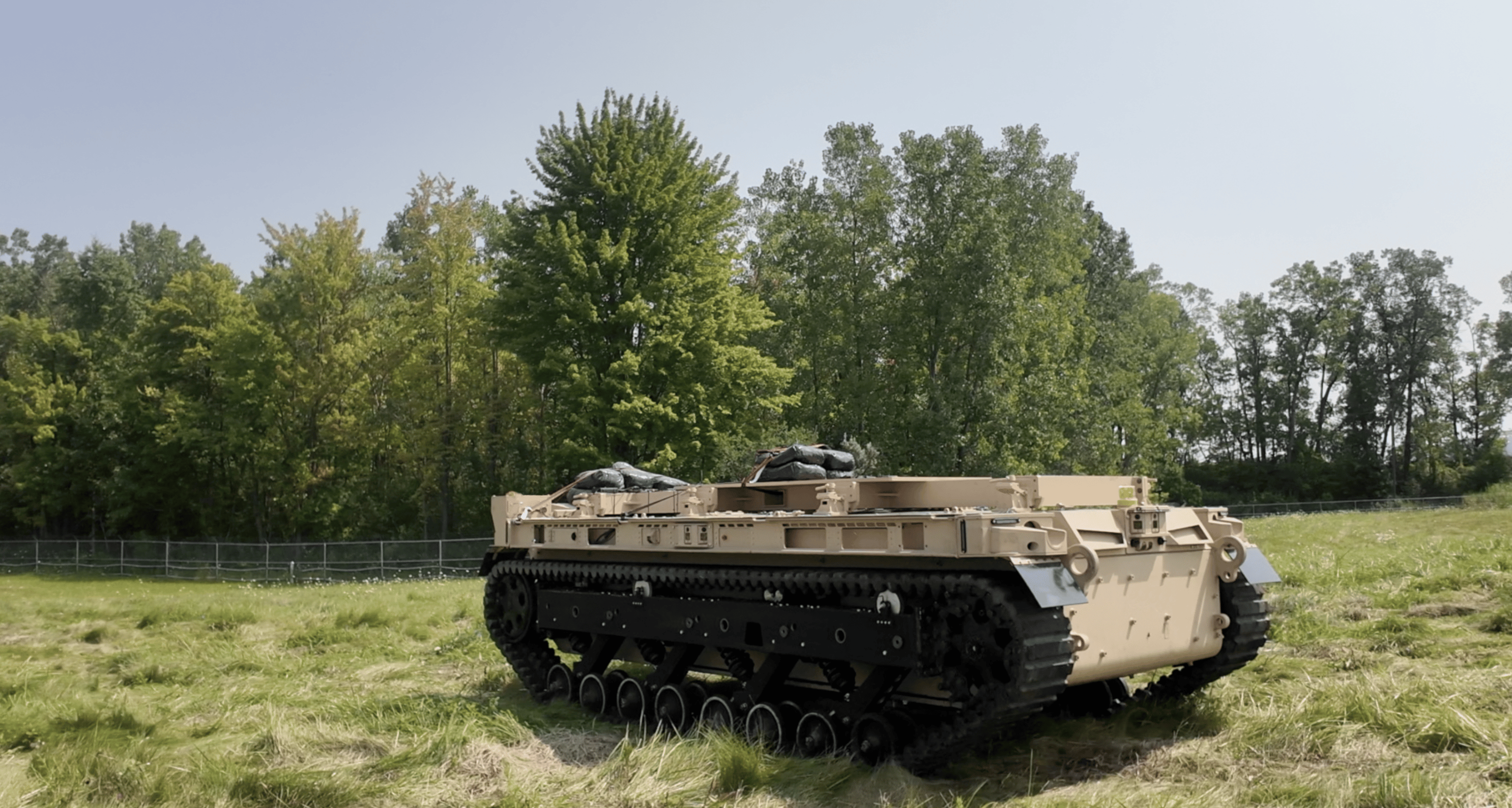ASTM D664 Fuel Corrosivity Testing of Vehicle Fuel Systems
The ASTM D664 fuel corrosivity test is a critical procedure used to evaluate the potential for fuel-related corrosion within vehicle fuel systems. This test is particularly important in military applications where vehicles must operate under harsh environmental conditions, and fuel quality can significantly impact system integrity and operational life.
ASTM D664 provides a standardized method for assessing the corrosivity of aviation turbine engine fuels (ATS), which are also used as jet fuels. The test involves exposing fuel samples to specific metal coupons over an extended period under controlled conditions. The rate of weight loss on these coupons is then measured and compared against established standards.
For military applications, this testing ensures that the fuel meets stringent reliability and performance requirements. It helps identify potential issues early in the development or procurement process, preventing costly repairs and downtime later. This service supports compliance with international standards like ISO 12145-3:2018 for aviation turbine engine fuels.
The test is performed using a dedicated ASTM D664 fuel corrosivity testing apparatus that simulates real-world conditions experienced by the fuel in storage tanks and distribution systems. The process typically involves:
- Sampling of the fuel to be tested
- Cleaning and conditioning metal coupons according to ASTM specifications
- Submerging the coupons in the sample fuel for an extended period (up to 100 days)
- Weighing the coupons before and after exposure to determine weight loss due to corrosion
The results of this testing are used to make informed decisions about fuel selection, storage practices, and system design. By understanding the corrosivity of the fuel early in the process, military vehicle manufacturers can optimize their designs and ensure that fuel systems will perform reliably under operational conditions.
| Sample Type | Coupons Used | Testing Duration | Corrosion Weight Loss Criteria |
|---|---|---|---|
| Air Force Jet Fuel (ATS) | Aluminum and Steel Coupons | Up to 100 Days | Weight loss ≤ 2 mg per coupon |
This testing is essential for ensuring the long-term reliability of fuel systems in military vehicles. By identifying potential corrosive issues early, this service helps prevent operational failures and extends the life of critical components.
Why It Matters
The importance of ASTM D664 fuel corrosivity testing cannot be overstated, especially in military applications where vehicles must operate under extreme conditions. Fuel-related corrosion can lead to premature failure of critical components such as tanks, piping, and fuel injection systems. These failures not only increase maintenance costs but also reduce operational readiness.
By conducting ASTM D664 tests, defense organizations can:
- Evaluate the corrosivity of aviation turbine engine fuels (ATS)
- Determine the potential for corrosion in vehicle fuel systems
- Ensure compliance with international standards like ISO 12145-3:2018
- Prioritize fuel selection based on corrosivity data
- Optimize storage and distribution practices to minimize corrosion risks
The results of this testing are crucial for defense organizations as they inform decisions about fuel procurement, system design, and operational procedures. By reducing the risk of fuel-related failures, these tests contribute significantly to overall mission readiness.
In summary, ASTM D664 testing is a vital component of any comprehensive quality assurance program in military vehicle development and maintenance. It ensures that fuels meet stringent reliability and performance requirements, enhancing system integrity and operational life.
Quality and Reliability Assurance
Ensuring the quality and reliability of vehicle fuel systems is paramount in military applications. The ASTM D664 fuel corrosivity test plays a crucial role in this process by providing objective data on fuel corrosivity, which directly impacts system performance and longevity.
- Standardized Testing Method: The ASTM D664 method ensures that all tests are performed according to the same rigorous standards. This consistency is essential for accurate comparisons between different fuels or batches of fuel.
- Data Accuracy: By using a dedicated testing apparatus, the results obtained are precise and reliable, providing a clear picture of the corrosivity potential of the fuel.
- Compliance Assurance: The test ensures that military vehicles meet all relevant international standards, such as ISO 12145-3:2018. This compliance is critical for ensuring interoperability and operational readiness in a global context.
- Operational Readiness: By identifying potential issues early, the ASTM D664 test helps prevent costly repairs and downtime during operations. This ensures that military vehicles are always ready to deploy when needed.
The data generated from this testing can also be used to refine fuel specifications and system designs, further enhancing reliability and performance. In summary, ASTMD664testing is a cornerstone of any quality assurance program in the defense sector, ensuring that vehicle fuel systems are reliable and capable of withstanding harsh operational conditions.
Use Cases and Application Examples
The ASTM D664 fuel corrosivity test finds extensive application in the military sector, particularly for the evaluation of aviation turbine engine fuels (ATS). Here are some specific use cases:
| Use Case | Description |
|---|---|
| Fuel Procurement Evaluation | Evaluates the corrosivity of ATS supplied by different manufacturers to ensure compliance with international standards. |
| System Design Optimization | Assists in selecting fuels that minimize corrosion risk, thereby optimizing system design for longevity and reliability. |
| Operational Readiness Assessment | Determines the corrosivity of fuel stored in tanks to ensure it remains suitable for use during critical operations. |
| Research and Development | Supports R&D efforts by providing data on fuel corrosivity, which can inform new fuel formulations or system improvements. |
In summary, the ASTM D664 test is a versatile tool that supports various aspects of military vehicle development and maintenance, ensuring that fuels meet stringent quality standards and contribute to operational readiness.





